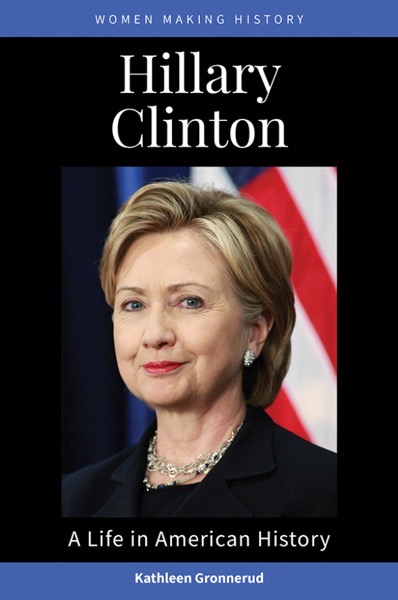In researching and writing my book on Giuseppe and Anita Garibaldi and the unification of Italy (A Man Of Action Saving Liberty: A Novel Based On The Life Of Giuseppe Garibaldi) I re-discovered the first American female war correspondent – Margaret Fuller — who I had first met in a college course on the Transcendentalists. I was once again fascinated by a life lived purposefully.
Then I found Tammy Rose’s podcast on the Transcendentalists – Concord Days – and was delighted when she asked me to guest for a discussion of Fuller’s work in Italy as both a journalist – and a nurse. — Rosanne
Watch this entire presentation
Concord Days sends love to Margaret Fuller on the anniversary of her death in 1850.
The conversation focuses on Margaret’s exciting days in ITALY!
Dr. Rosanne Welch takes us through her adventures and enthusiastically reminds us what she was like when she was living her best life!
Transcript:
Tammy: Why does she go to Italy? What is going on and what is she excited about?
Rosanne: You know Italy — we forget because we had our founding right but in Italy, they were a scattering of different city-states basically up until we’re talking the 1860s is when this finally gets settled and it’s in the 1830s that this roiling begins. We should be all one country. Remember the roman empire. We owned the whole world. Now we can’t even own this little boot that’s part of us
Tammy: Right and Italy was all these like little like city-states and it wasn’t really the Italy that we know today.
Rosane: Austria owned some parts of it right and France owned some parts of it. Sicily was its own country. It was not part of Italy.
Podcast: Play in new window | Download
Subscribe: RSS
![09 Why Italy? from Concord Days: Margaret Fuller in Italy [Video]](https://rosannewelch.com/wp-content/uploads/2021/09/rmw-concord-day-2021-fuller-rome-09.jpg)



![08 Smart Women and Transcendentalism from Concord Days: Margaret Fuller in Italy [Video]](https://rosannewelch.com/wp-content/uploads/2021/09/rmw-concord-day-2021-fuller-rome-08.jpg)





![07 Emerson and “The Dial” from Concord Days: Margaret Fuller in Italy [Video]](https://rosannewelch.com/wp-content/uploads/2021/09/rmw-concord-day-2021-fuller-rome-07.jpg)

![06 The Right to be in the Room from Concord Days: Margaret Fuller in Italy [Video]](https://rosannewelch.com/wp-content/uploads/2021/08/rmw-concord-day-2021-fuller-rome-06.jpg)